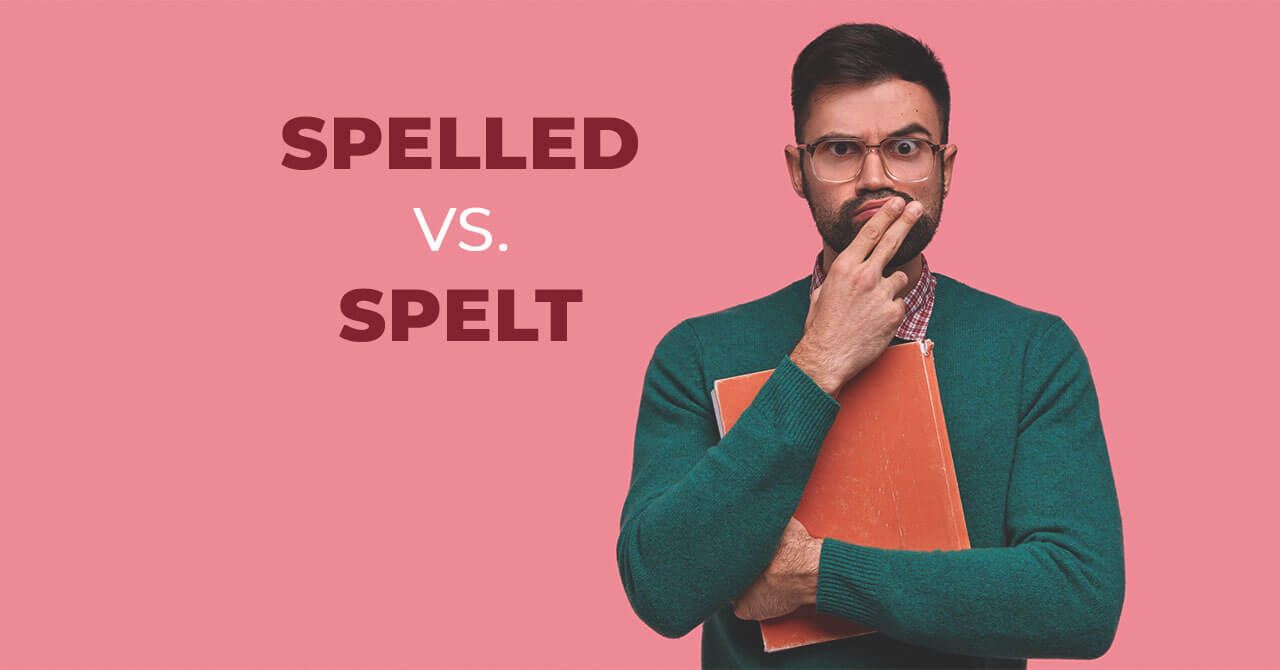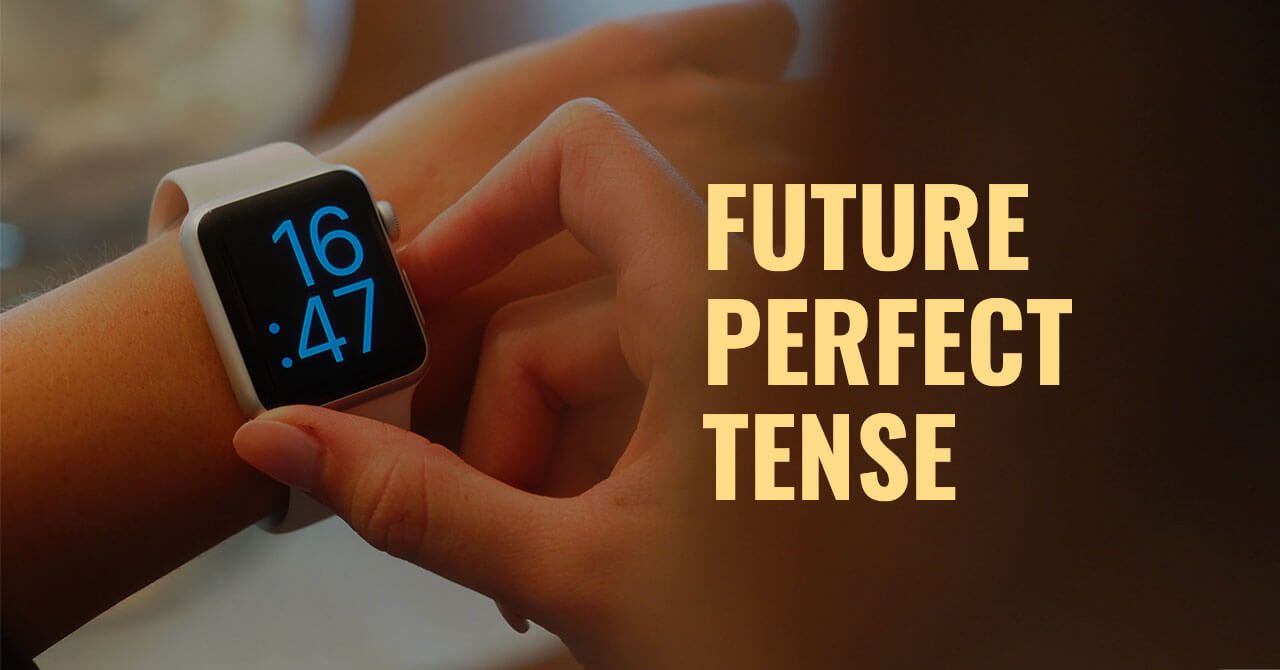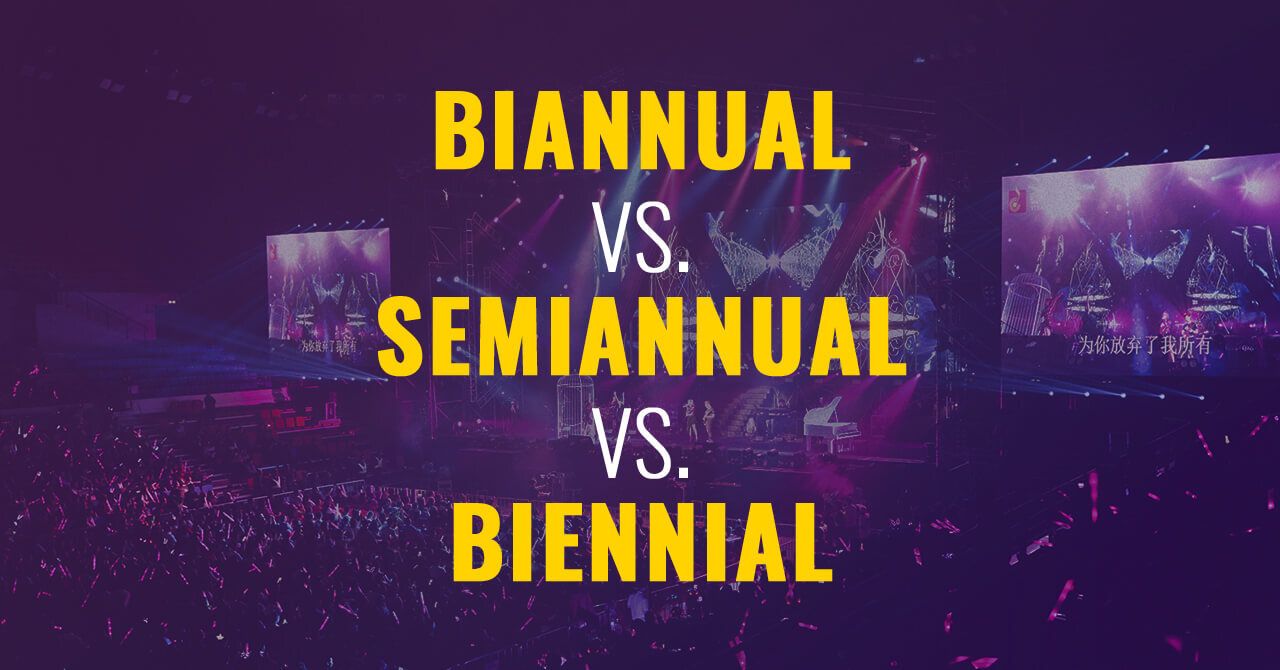English
Find lots of useful information for learning English. Don't miss our new articles.

Best Ways to Study the English Language Effectively
English is a world language. Almost 20% of people speak it. It is becoming more and more popular nowadays. If you want to study it, follow my recommendations. Firstly, you should listen to audiobooks and podcasts. Have 2 or 3 lessons a week. Their duration depends on your aims, age, and level. In general, 30-60-minute lessons will be effective. If you need more practice, take a 90-minute lecture. Choose a suitable teacher for you. They should be positive, well-educated, and punctual. Be respect

What is the Cockney Accent of the English Language?
There are almost fifty different accents different in the UK, each one spelled and pronounced its own way. However, if you have ever found the Cockney accent riveting, grab the edge of your chair and keep on reading.

Knowing the “Auld Lang Syne” Meaning Can Change the Way You Sing It
Auld Lang Syne is an old Scottish ballad from 1788 that reminds everyone of New Year’s Eve. Since the song is not really in English, many people don’t understand it. But that’s understandable because it’s based on the language spoken by the 18th-century Scots.

Linguistic Terminologies and Useful Explanations to Help in Your English Language Learning
In English, there is a lot of variation between words that may sound the same but have very different uses and functions and words that may look identical but have distinct meanings and pronunciations.

Spelled or Spelt: Choose Carefully!
Spelled is considered the correct past tense for the word to spell in America and Canada, although spelt is sometimes also used. Irregular verb forms such as spelt, dreamt, and burnt are used colloquially in the US but generally should be avoided in formal writing.

How to Use Future Perfect Tense Correctly
The future perfect tense is one of the twelve basic English tenses with its own usage and rules you need to follow to use it correctly. Although it’s not as common as future simple or present perfect, there are still instances that require using it so you can avoid possible misunderstandings.

When to Use Biannual vs. Semiannual vs. Biennial
“Biannual” is an adjective used to describe events occurring twice a year. In order to fully understand this term, we need to know where it derives from. The prefix “bi-,” meaning twice, comes from Latin, while “annual” refers to one year.

Is It Happy New Year, Happy New Year’s, or Happy New Years?
With the new year just around the corner, you start thinking about all the people you want to send greeting cards and emails to wish them well. But what phrase is the right one to use? Is it “Happy New Year”, “Happy New Year’s”, or “Happy New Years”?